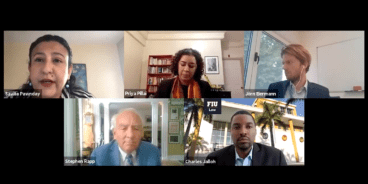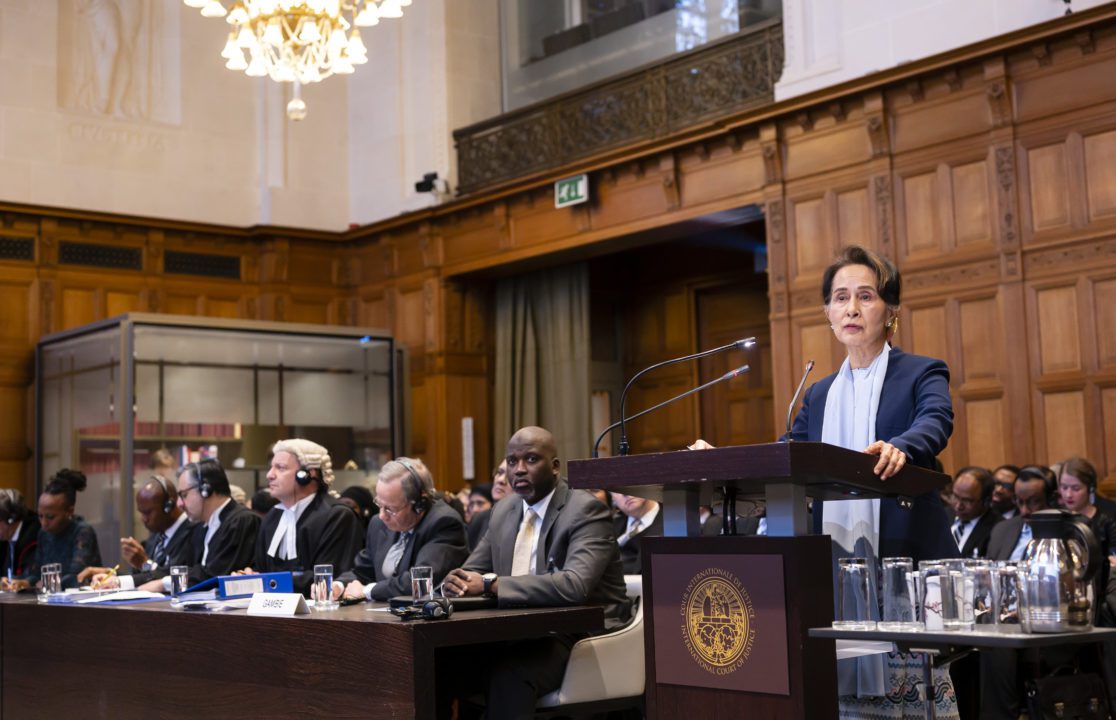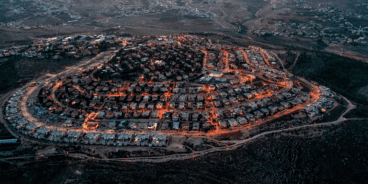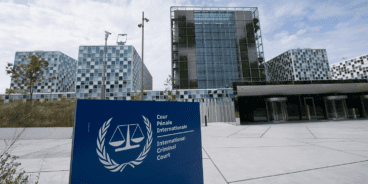

Statement on the World Day for International Justice, 2020
Today, 17 July, marks the World Day for International Justice. At a time when human rights, humanitarianism and multilateral diplomacy are under threat, the Global Centre for the Responsibility to Protect commends the enduring commitment of various states, regional bodies and multilateral institutions to upholding their responsibility to protect by pursuing justice for genocide, war crimes and crimes against humanity.
Over the past year we have seen individual states have a big impact on international justice. On 11 November 2019 The Gambia filed a historic suit at the International Court of Justice (ICJ) against Myanmar for violating the Genocide Convention. This lawsuit marked the first time in the ICJ’s history that the plaintiff in a genocide case was a state not physically connected to the country where the crimes were committed. During January the ICJ issued four provisional measures, ordering the government of Myanmar to take immediate action to protect its “extremely vulnerable” Rohingya population from potential genocidal acts.
We have seen significant advances with regard to the principle of universal jurisdiction, whereby perpetrators of grave international crimes can be prosecuted domestically irrespective of the citizenship of the perpetrators or victims, or where the crimes were committed. There are currently 16 states that have launched trials under universal jurisdiction. Notably, Germany recently opened trials for two alleged former Syrian government intelligence officials accused of torture and crimes against humanity. There is another case underway in Germany against a man allegedly affiliated with the so-called Islamic State of Iraq and the Levant, who is accused of genocide, human trafficking, torture and murder of members of the minority Yazidi population. This is the first such case in the world.
This year justice also started to catch up with perpetrators of atrocities committed decades ago. During May, French authorities arrested Félicien Kabuga, a Rwandan national and one of the most wanted fugitives accused of responsibility for the 1994 genocide. And in June, Ali Muhammad Ali Abd-Al-Rahman, who was indicted by the International Criminal Court (ICC) in 2007 for 22 counts of crimes against humanity and 28 war crimes for his role in the conflict in Darfur, Sudan, was transferred to the Hague. These arrests should signal to all perpetrators of atrocity crimes that they cannot rely upon the permanence of impunity, regardless of how powerful they may currently seem, or where they might hide.
Despite these and other achievements in international justice, we have also witnessed attempts to weaken accountability over the past year. In particular, the United States has implemented a series of measures aimed at blocking ICC investigations into crimes committed in Afghanistan and Palestine, including an 11 June Executive Order signed by President Donald Trump authorizing sanctions against ICC officials and others assisting in ICC investigations.
On this World Day for International Justice, the Global Centre for the Responsibility to Protect reaffirms our belief that accountability is not only punitive, it is preventive. Holding the perpetrators of atrocities accountable for their crimes can play a crucial role in inhibiting the recurrence of these crimes.
From Nuremburg to today, the struggle for international justice has always required legal innovation and political courage. Despite progress over the past year, vulnerable civilians facing ongoing war crimes and crimes against humanity in Syria, Myanmar, South Sudan and elsewhere, are still waiting for their day in court. On this day we reiterate our commitment to ensuring that all victims and survivors of mass atrocity crimes receive the recognition and justice they deserve.
Read Next

Related Content

Atrocity Alert No. 404: Israel and the Occupied Palestinian Territory, El Salvador and North Korea

Expert Voices on Atrocity Prevention Episode 34: Mark Kersten
